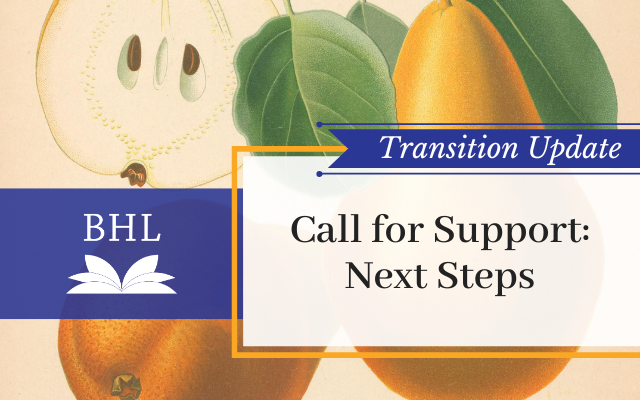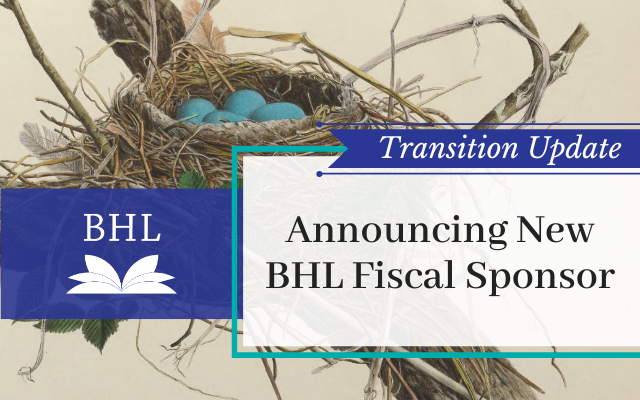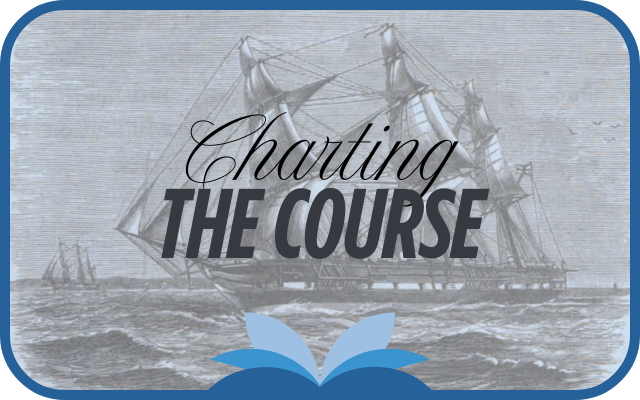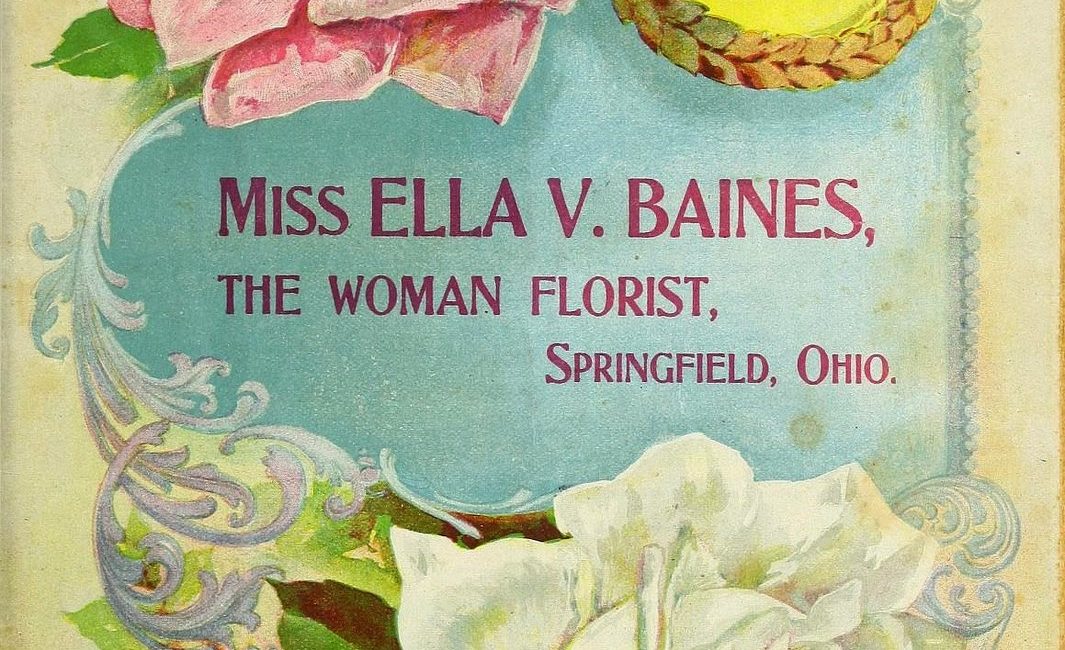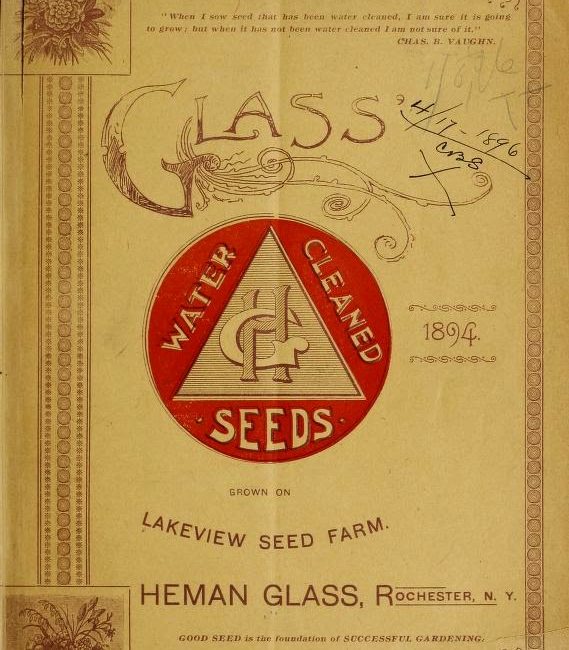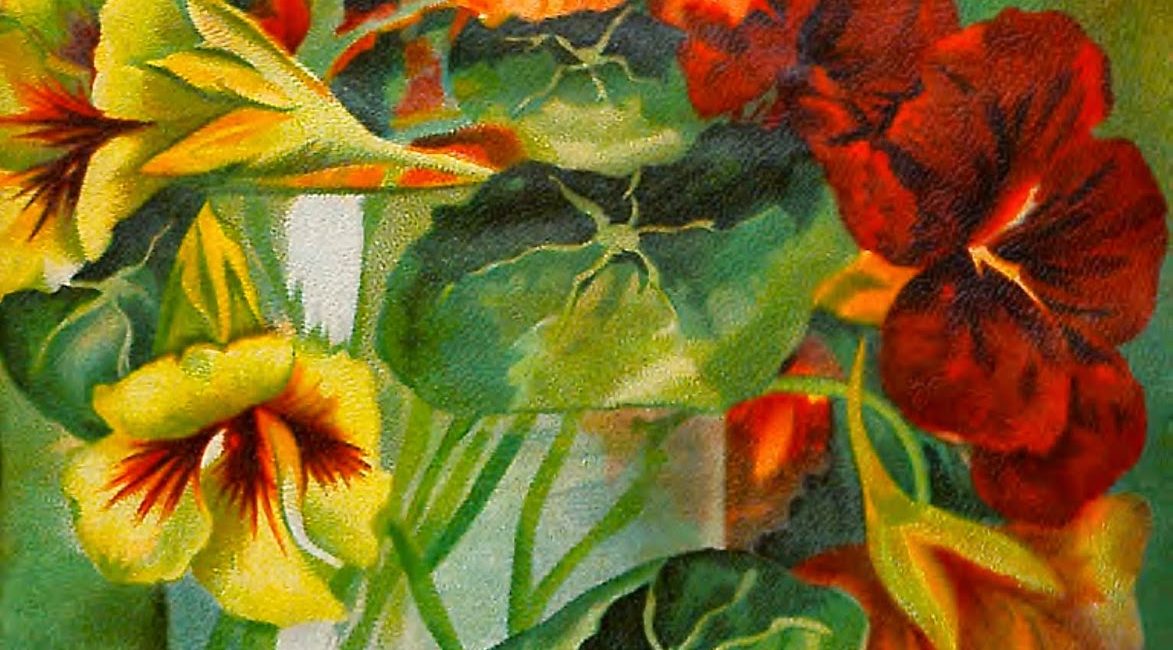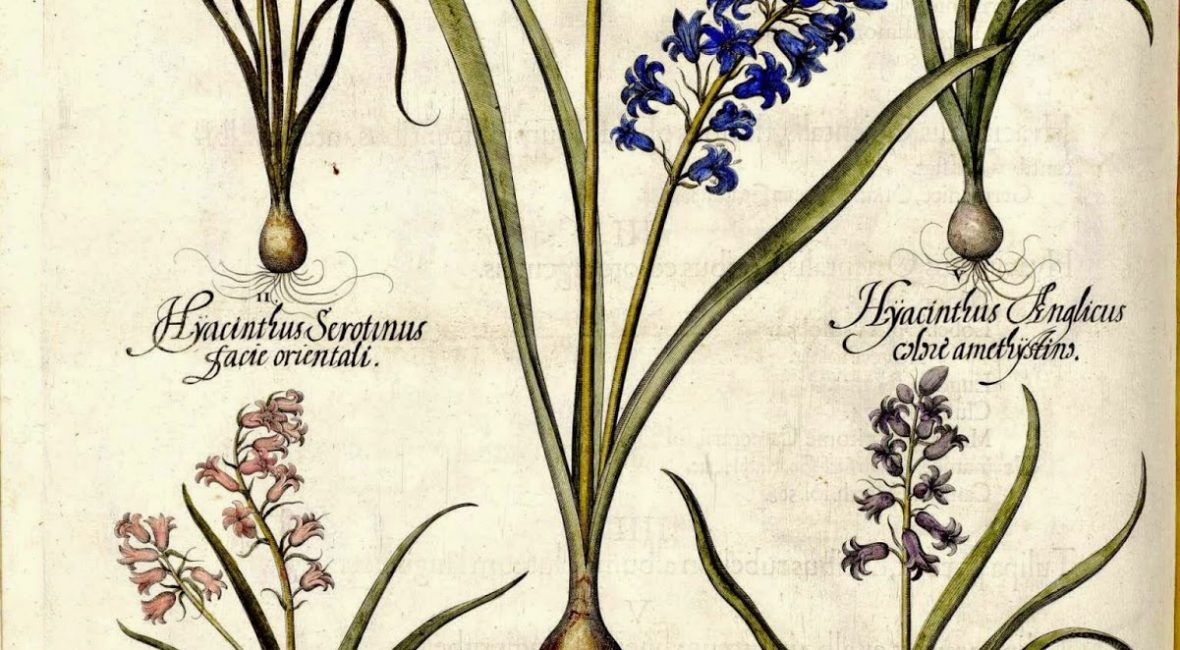A Garden Stories celebration for Women’s History Month
Recent reports indicate that the number of women-owned businesses have increased by 54% in the last fifteen years. But while we may be seeing a rise in the number and cultural acceptance of women-owned businesses today, this was not always the case.
Continue reading


